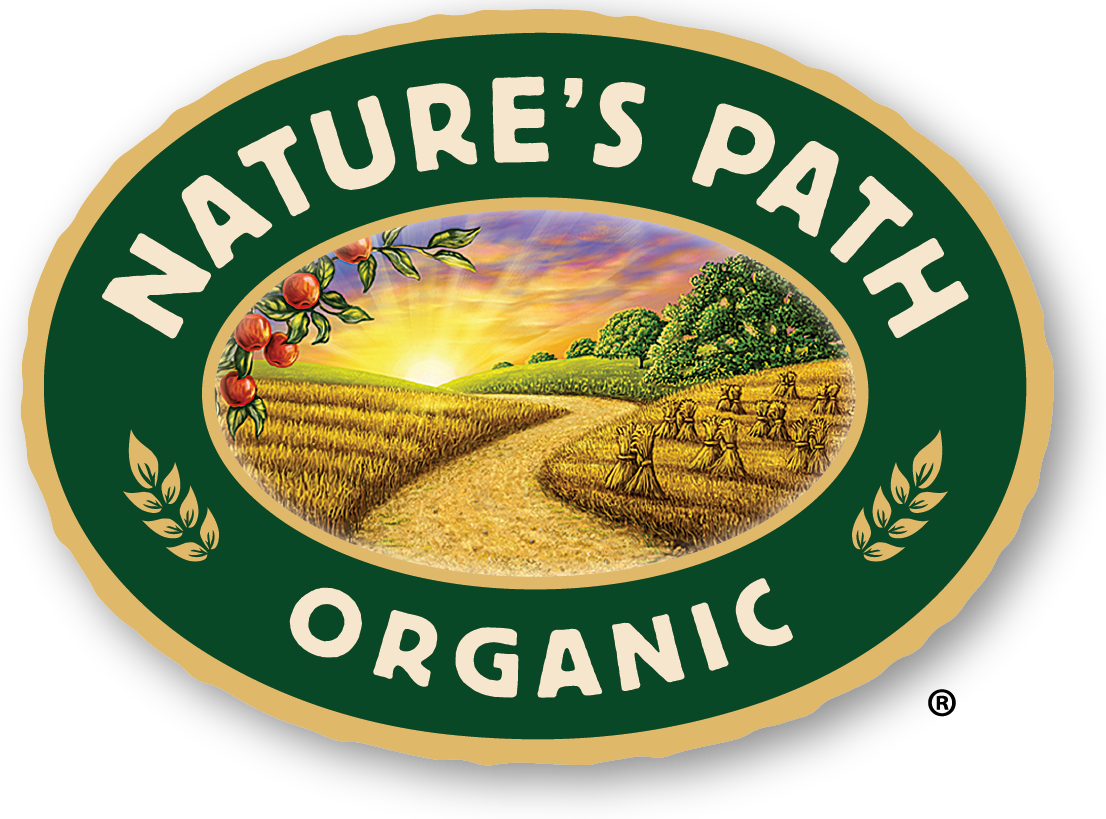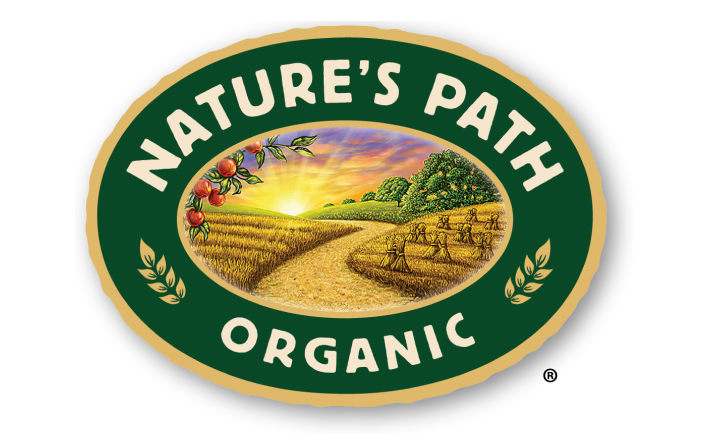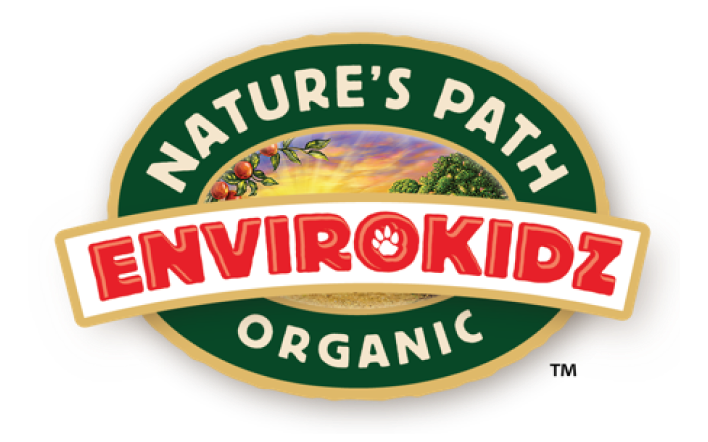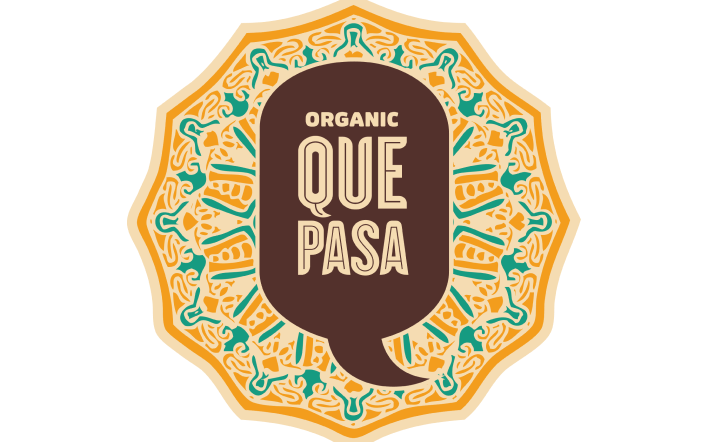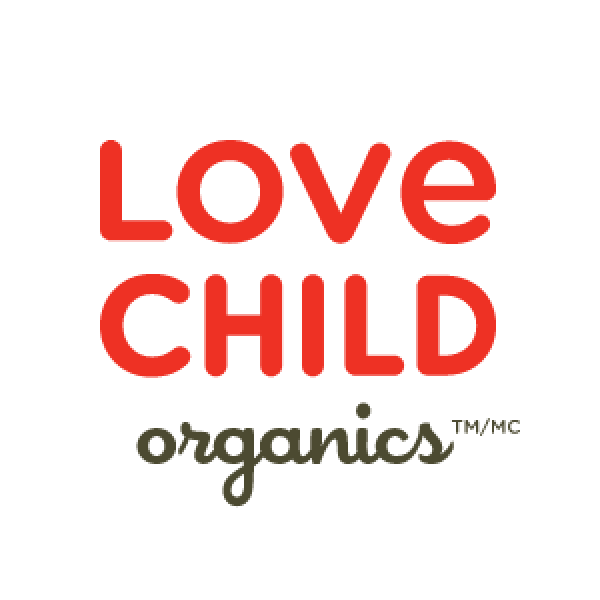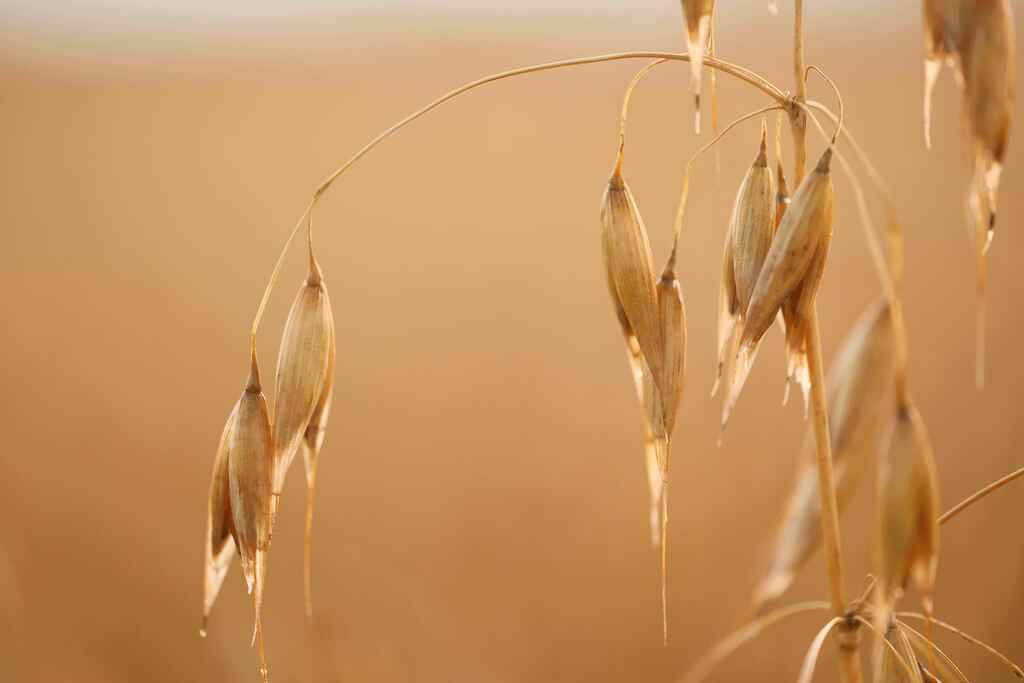
Cultivating change: The regenerative organic oats journey

At the crux of this, growers, producers, and consumers have a choice to make – and organic agriculture can drive the relationship between climate change and food in a restorative direction.
Here at Nature’s Path Organic Foods, we already know that organic agriculture is beneficial for the climate, which is why we’re determined to work with farmers to implement the best organic practices that lead to better environmental and community health. As part of our mission to leave the earth better than we found it, we’ve partnered with Canadian Organic Growers (COG) on a ground-breaking initiative – the Regenerative Organic Oats (ROO) project.
This isn’t just about oats – it’s a step towards a more sustainable future. Learn all about the ROO project and how organic farming practices can help to improve soil health and fight climate change.
At the root: The Regenerative Organic Oats project
The Regenerative Organic Oats project operates through the Canadian Organic Growers association, which is dedicated to helping farmers, gardeners, and growers to adopt ecologically-based, organic and regenerative organic agricultural practices.
By partnering with COG, we’re proud to work with farmers across Canada and give them the support they need to learn about, share, and implement the best organic practices across their community.
How does ROO work?
The ROO program is 3-year pilot initiative that helps farmers in the Canadian Prairies to implement farming practices that enable them to transition to regenerative organic management of their resources and systems.
During the program, farmers learn about and adopt practices for regenerating soil, fostering biodiversity, and implementing agricultural changes that are essential to climate mitigation.
To achieve this, the ROO program utilizes a comprehensive approach, which involves:
- Creating and fostering a community for ROO farmers, where they can discuss challenges and successes and support each other
- Equipping farmers with detailed resources and iterative training materials
- Providing individual coaching for farmers, both on-farm and virtually
The ROO program brings a holistic approach that’s designed to provide practical hands-on advice and strategic guidance, all while building a strong and supportive community of change.
Why organic agriculture?
Organic agriculture uses ecologically-minded practices to grow crops in a way that benefits the planet by protecting natural resources, preserves biodiversity, promotes ecological balance, and develops and maintains soil health.
Improving soil through organic agricultural practices helps to sequester carbon, which means CO2 and other greenhouse gases are captured, stored for the long term, and prevented from entering the atmosphere. This helps to reduce emissions and fight against climate change.
Organic farming improves soil health in many different ways – compost and cover crops keep soil covered and increase carbon & key nutrient stores, while crop rotation and successional planting encourage above & below ground biodiversity, and avoiding the use of toxic pesticides and over-tillage minimizes soil disturbance.
The ROO project is built on the principles of organic agriculture and introduces regenerative organic farming practices to improve on-farm soil fertility and soil health and address crop pest, weed and disease pressure. These actions help to increase the resilience of oat farming in the face of climate change.
How does the ROO program help farmers?
As well as enhancing soil fertility and carbon sequestration, which helps to increase yield profitability, the ROO program brings farmers into an organic agricultural community where they become leaders and collaborators in addressing climate change through regionally-specific, farmer-led research & experimentation. Throughout the program, farmers gain:
- Expert guidance: COG’s team of advisors support organic farmers to enhance their regenerative organic farming best management practices.
- Exclusive insights: Access to iterative and detailed resources on regenerative organic farming best management practices.
- Spearheading change: Farmers help to capture data that will help inform best practices to increase soil health and ultimately shape the resiliency of oat farming in the face of climate change.
- Community building: The program fosters a farmer-to-farmer community of practice that supports continued learning and sharing.
- Organic positioning: Access to supply chain partners interested in supporting increased supply of organic certified oats produced using regenerative organic farming methods.
Nurturing growth through knowledge
The ROO program builds and maintains a strong mentor network and peer-to-peer network among farmers. COG’s team of science advisors lead and support ROO farmers through the transition and implementation of regenerative organic agricultural practices.
Farmers are given access to comprehensive resources and learn about regenerative organic oat farming practices through regular, on-farm and virtual training sessions. During the on-farm sessions, COG experts help farmers to assess their soil & crop health and work with them to develop custom plans for implementing regenerative organic agricultural practices. These strategies involve data capturing, benchmarking, and tracking, with ongoing evaluation and iteration throughout the 3-year program.
As well as providing farms with direct collaboration with experts from COG, the ROO program facilitates farmer-to-farmer meetings where growers can connect with peers who are taking part in the program. During these sessions, they can discuss challenges and successes, share advice, support each other, and work together to find solutions.
This educational and collaborative approach helps to foster a sense of community and shared learning, building a strong foundation that can be sustained long after the 3-year ROO program is over.
Come to the farm with us: ROO Field Day 2023
During summer 2023, COG hosted a Field Day, which invited ROO producers and corporate sponsors like Nature’s Path Organic Foods to get together and learn about regenerative organic agriculture and see the program in action. We visited 6 farms that are owned and run by ROO farmers during a day full of education, demonstrations, and organic collaboration.

We got our hands dirty and tested different soil samples to discover sugar and carbon levels, soil moisture and density, and overall soil and root health. COG led us through fun demonstrations that challenged us to revisit the importance of organic agriculture, allowing us to see the difference right in front of our eyes.

The event also provided an organic (no pun intended) opportunity for support and knowledge sharing. At every moment, we witnessed people connecting and swapping stories and experiences – the good, the bad, and the messy! – while asking for advice and providing insight.

COG’s Field Day provided a snapshot of the ROO program itself – from education and leadership to hands on support and community building, we experienced the power of the ROO journey. Read more about the event here: https://cog.ca/blog/regenerative-organic-oats-field-day/
Looking ahead: The future of regenerative organic farming
The program continues to grow alongside the ROO farmers’ crops. Every year, we learn more, develop new resources, and build a stronger community foundation for regenerative organic agriculture.
We’re working on developing an open-source ROO online hub that will make the program available to all, complete with tools, resources, guides, and videos that other farmers can find and use to implement regenerative organic practices across borders.
The ROO project is a testament to what can be achieved through collaboration and education. We’re not just cultivating oats – we’re cultivating change! By sharing knowledge, supporting each other, and staying dedicated, the ROO project is sewing the seeds for a more sustainable and regenerative future.
Join us in celebrating this amazing project and keep your eyes out for inspiring stories shared by COG & Nature’s Path Organic Foods that are part of this journey. By choosing to support organic practices and work together to drive positive change, we can nurture our planet and witness the rewards of regenerative organic farming for years to come.


